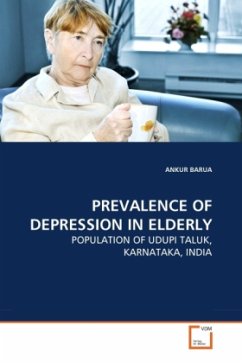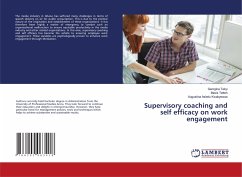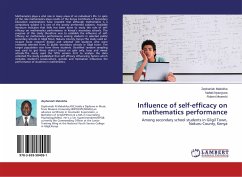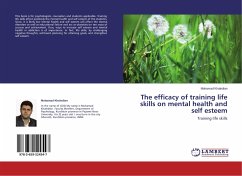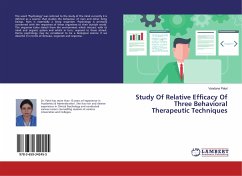
Adolescent Self-Efficacy Beliefs in Multiple Contexts
An Analysis of Individual, Peer, Family, and Neighborhood Factors
Versandkostenfrei!
Versandfertig in 6-10 Tagen
39,99 €
inkl. MwSt.

PAYBACK Punkte
20 °P sammeln!
Adolescence is a period when young individuals face many challenging tasks such as establishing and maintaining healthy relationships, achieving in school, preparing for adult life, and becoming resilient in the face of adversities. Self-efficacy beliefs are important to youth's success in accomplishing these tasks. Ample evidence suggests that self-efficacy beliefs are highly critical in task selection, persistence, and successful completion. Nevertheless, few studies to date have examined the predictors of self-efficacy beliefs and the role of efficacy beliefs in mediating the relationship b...
Adolescence is a period when young individuals face many challenging tasks such as establishing and maintaining healthy relationships, achieving in school, preparing for adult life, and becoming resilient in the face of adversities. Self-efficacy beliefs are important to youth's success in accomplishing these tasks. Ample evidence suggests that self-efficacy beliefs are highly critical in task selection, persistence, and successful completion. Nevertheless, few studies to date have examined the predictors of self-efficacy beliefs and the role of efficacy beliefs in mediating the relationship between contextual factors and positive developmental outcomes. This book reports three studies that aimed to fill some major gaps in the self-efficacy literature. The studies examined 1) the multidimensionality of self-efficacy construct, 2) the individual, family, peer, and neighborhood predictors of adolescents' domain specific self-efficacy beliefs, and 3) the mediating role of domain specific self-efficacy beliefs in predicting adolescents' developmental outcomes. The findings underscore the importance of examining predictors and outcomes of self-efficacy beliefs in multiple domains.




